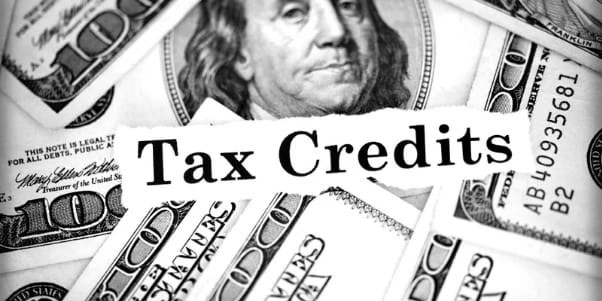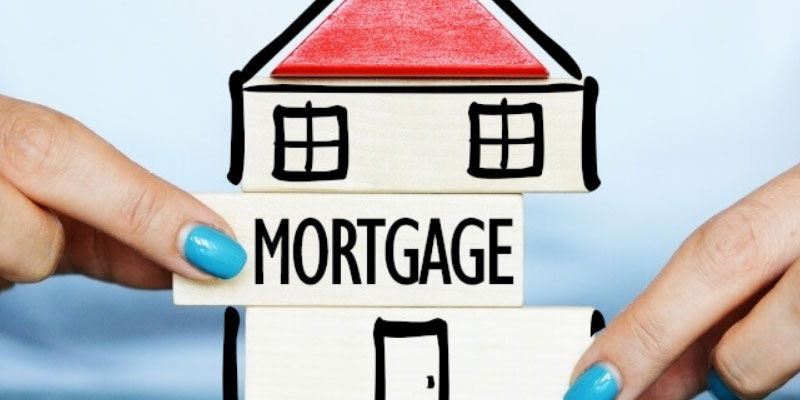The rule of 28/36 is a useful standard: It is recommended that a buyer spend no more than 28% of their monthly income before taxes on housing expenditures and that they spend no more than 36% of their monthly income on housing costs plus monthly loan payments. The cost of housing typically consists of a monthly mortgage payment, annual property taxes, annual home insurance premiums, annual mortgage insurance premiums, and annual fees charged by the homeowners association. Bills that must be paid every month include those for credit cards, auto loans, school loans, and any other outstanding debt.
However, you may still be eligible for a mortgage even if your housing and debt expenses are greater. For instance, FHA loans, guaranteed by FHA, permit housing expenses of up to 31% of pretax income and debts plus housing costs of up to 43% of pretax income. This total can not exceed the whole amount of the loan. There may be some leeway for negotiation in some circumstances.
Mortgage Income Calculator Help
The following is information you need to know about the parameters that the calculator takes into account.
Home price
There is a broad range of pricing for housing. You may get an idea of how much you would spend for the kind of home you desire by consulting with a real estate agent in your area or by looking at listings online.
Down payment
This refers to the first payment that you make when purchasing a home. The amount of the needed down payment is different for each kind of mortgage. Your mortgage payment will decrease according to the amount of money you put toward the down payment.
Interest rate
The average interest rate on mortgage changes daily, and the rate you are given is determined by your down payment amount, credit score, debt, and annual income.
Recurring debt payments
Lenders will use this information to compute a debt-to-income ratio, also known as a DTI. A debt-to-income ratio (DTI) of less than 36%, considering future housing expenses, is considered favorable. This indicates that less than 36% of your earnings would be committed to paying off debt. However, you may still qualify even if your ratio is larger.
Mortgage protection using a private insurance
When applying for a traditional loan, if you put less than 20 percent of the purchase price down, you will normally be required to pay for private mortgage insurance, which will be added to your regular mortgage payment.
Taxes on the property and insurance for the home
As a homeowner, you will be responsible for paying property tax, and your home lender will mandate that you get homeowners insurance. Typically, the cost of both will be accounted for in the monthly payment you make for your mortgage.
Fees paid to homeowners associations
An HOA is an organization controlled by condominium complex, residents of a neighborhood, or other housing development to regulate its policies. Property owners are assessed fees and must abide by regulations for the association to provide facilities such as swimming pools, parks, and sidewalks. Your monthly housing expenses will include the HOA fee if the home you purchase is located in a neighborhood served by one.

What Happens If You Can No Longer Afford To Purchase A Home?
Due to rising interest rates and expensive costs, homeownership is becoming more out of reach for many potential purchasers. At the beginning of 2022, average mortgage rates were about 3%, but by the autumn, they had reached 7%. This occurred even though year-over-year home values continued to grow month after month.
It is not always the case that you will ever reach the point where you can qualify for a mortgage, even while you currently need to earn more money. Here are some actions you can do right now to put you in a better position to purchase a home in the future.
Pay down debt
A lower debt ratio to income will improve your chances of being approved for a mortgage and make it more affordable for you to purchase a home. Reducing your overall debt will also assist in raising your credit score. Borrowers with good credit scores are eligible for the best mortgage rates lenders offer.
Keep putting money down for a down payment
If you can make a larger payment upfront, you will need to borrow less money overall, resulting in a reduced monthly payment for your mortgage.
Explore the several programs aimed at first-time home buyers
First-time buyers might qualify for tax rebates and aid with down payments and closing costs via programs offered by local governments and nonprofit groups. Even if you've had previous experience as a home, you can still be eligible. In real home parlance, "first-time buyer" refers to a purchaser who has not been a homeowner in the preceding three years.








